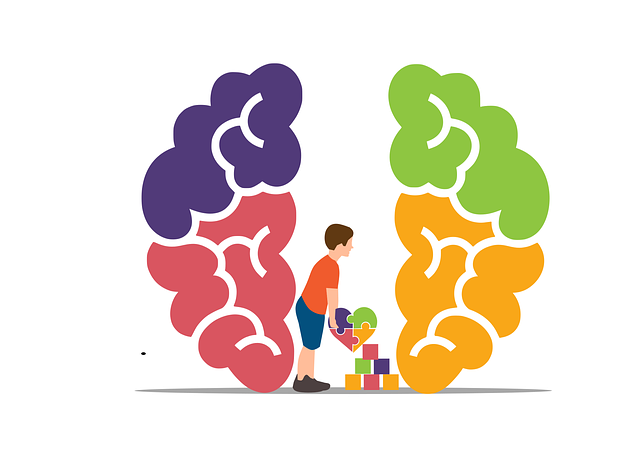Superior Phobias Therapy combines tailored coping skills, mindfulness, cognitive behavioral therapy, and self-care practices for effective management. Holistic approaches, including risk assessments, meditation, journaling, and positive self-talk, empower individuals to confront and overcome intense fears while fostering emotional intelligence and resilience. Public awareness campaigns and engaging Mental Wellness Podcast Series further support those dealing with phobias, normalizing conversations and encouraging help-seeking behaviors.
Coping skills development is a crucial component of overcoming phobias, enabling individuals to manage anxiety and lead fulfilling lives. This article explores the significance of coping skills in conquering specific phobias, offering insights into effective strategies for building resilience. We delve into superior phobias therapy, highlighting how integrating coping mechanisms drives lasting change. By understanding these techniques, you can empower yourself or others to navigate fears and embrace a more balanced existence.
- Understanding Coping Skills and Their Significance in Overcoming Phobias
- Effective Strategies for Developing Resilient Coping Mechanisms
- Superior Phobias Therapy: Integrating Coping Skills for Lasting Change
Understanding Coping Skills and Their Significance in Overcoming Phobias

Coping skills are essential strategies that enable individuals to navigate and overcome challenging situations, including managing superior phobias. These fears, often intense and overwhelming, can significantly impact a person’s daily life. Understanding coping mechanisms is pivotal in phobia therapy, as it equips mental health professionals with the tools to guide clients towards effective management. Through a comprehensive risk assessment for mental health professionals, therapists can tailor interventions to suit individual needs.
Incorporating self-care practices and exploring various coping techniques, such as mindfulness or cognitive behavioral therapy, forms the backbone of superior phobias therapy. The Mental Wellness Podcast Series Production can also play a pivotal role in educating individuals about different coping strategies, fostering mental wellness, and encouraging proactive engagement in one’s journey towards recovery.
Effective Strategies for Developing Resilient Coping Mechanisms

Developing resilient coping mechanisms is a powerful tool for navigating life’s challenges. One effective strategy involves self-awareness exercises that encourage individuals to recognize their emotions, thoughts, and triggers. By increasing self-awareness, people can better understand their unique coping needs and develop personalized strategies. For instance, mindfulness practices like meditation or journaling can help individuals manage stress, anxiety, and even superior phobias. These techniques foster a sense of calm and provide healthy outlets for emotional expression.
Additionally, self-esteem improvement plays a pivotal role in building resilience. When individuals believe in their capacity to cope with difficulties, they are more likely to persist through setbacks. Encouraging positive self-talk, setting achievable goals, and celebrating accomplishments can significantly enhance self-esteem. Integrating these practices into daily routines empowers individuals to face challenges head-on, fostering a sense of agency and resilience that is crucial for overall mental health policy analysis and advocacy.
Superior Phobias Therapy: Integrating Coping Skills for Lasting Change

Superior Phobias Therapy takes a holistic approach to address deep-rooted fears and anxieties. By integrating coping skills tailored to individual needs, this therapy offers lasting solutions beyond mere avoidance techniques. It empowers individuals to confront their phobias head-on, fostering emotional intelligence and resilience in the process. This method goes beyond surface-level fixes, aiming for profound personal growth and improved mental wellness.
Public Awareness Campaigns Development can play a crucial role in normalizing conversations around phobias, reducing stigma, and encouraging people to seek help. Coupled with the evidence-based practices of Superior Phobias Therapy, these campaigns contribute to a broader culture of mental health awareness. The combination drives the production of engaging Mental Wellness Podcast Series that offer accessible insights and support for listeners dealing with similar challenges, further reinforcing positive change.
Coping skills development is a vital component of superior phobias therapy, offering individuals effective mechanisms to navigate and overcome their fears. By integrating these strategies into treatment, therapists can facilitate lasting change and empower clients to lead fulfilling lives free from the constraints of phobias. Through understanding and practicing resilient coping mechanisms, one can transform their relationship with fear, fostering personal growth and enhanced well-being.














